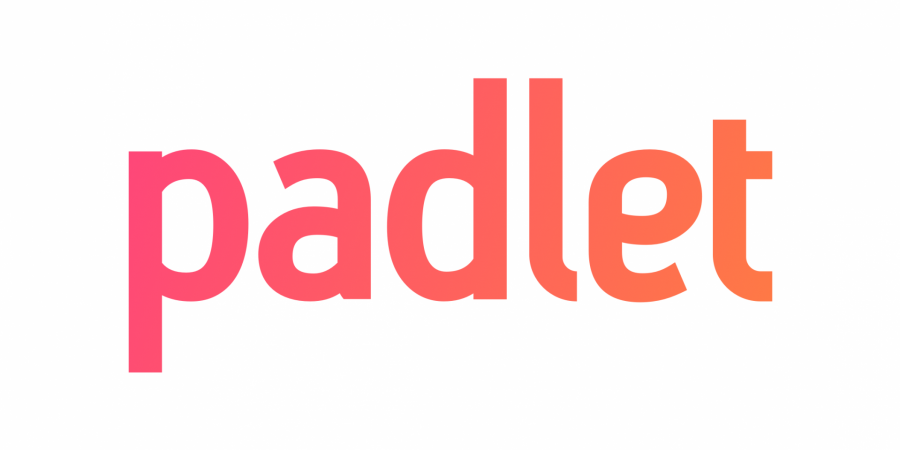Anonymous Assessments: Creating an Equitable & Inclusive Learning Community
This page points to tools that allow students to offer anonymous class contributions (using software, questionnaires, or other assignments), one strategy for more equitable and inclusive learning experiences.
Part III: Building Equitable & Inclusive Community with Anonymous Assessments
Grounding Prompt: Revisit the reflections in which we shared pre-course activities we found successful in building an equitable and inclusive community in your classes. Add a comment to activities that could be implemented or adapted as anonymous assessments. Share your comments via Google Doc crowdsourced by Bates College participants.
Creating an inclusive and accessible learning environment is key to the success of any course. Anonymous assessments can create more equitable opportunities to engage in class activities and assessments (in-person or remote) by promoting the metacognitive process and lowering barriers to class participation.
Four reasons anonymous assessments can be valuable:
- Create inclusive space for students to consider their own learning process (metacognition) in community with classmates
- Provide formative, low-stakes assessment opportunities
- Offer transition time between smaller units of class activities or materials to allow for knowledge recall, comprehension, application, synthesis or evaluation
- Visualize learning community responses and ideas without individual attribution
Anonymous assessments can be created in:
Reflection Prompt: What assessments or activities from your courses could be implemented or adapted with anonymous submission to build a more equitable and inclusive community? Share your response via Poll Everywhere.
Accessibility Considerations
In creating the interactive components of this series, we’ve used Poll Everywhere (a tool for gathering and visualizing participant responses) and Google Docs (an interactive platform already familiar to many of us at Bates). We considered Padlet, another tool offering social-media style interactions between users. Ultimately, we decided not to use Padlet due to accessibility concerns, instead choosing tools that allow for keyboard accessibility and better low-vision color contrast. While a variety of tools are available for creating active learning in online environments, accessibility (central to equitable and inclusive education) is one of many considerations in selecting appropriate applications.
Citation
“File:Noun Project Community icon 627732.svg” by Gregor Cresnar is licensed under CC BY 3.0



